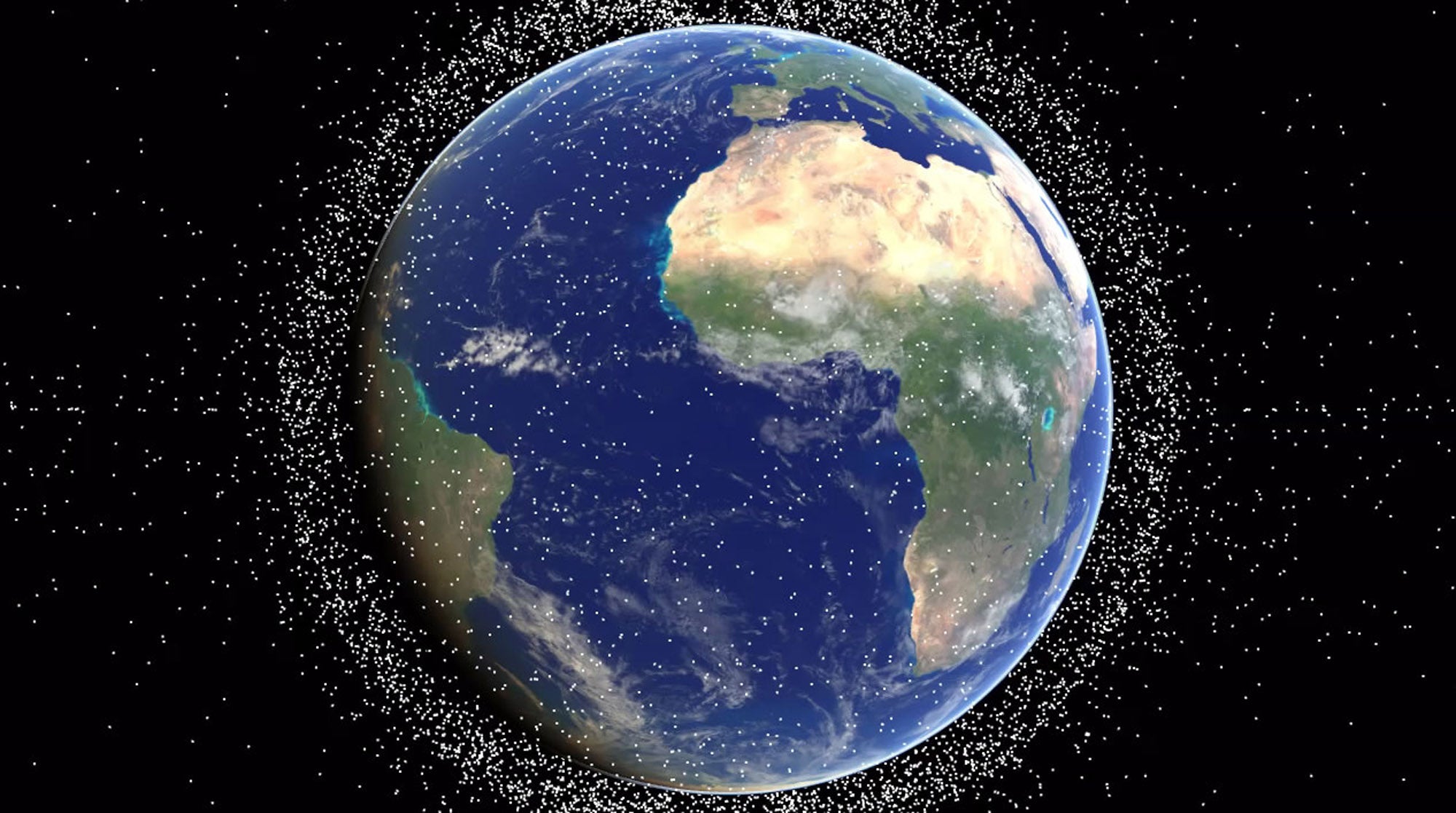UK announces £1.4 billion strategy to boost defence presence in space
Defence Secretary Ben Wallace said the investment was a bid to stay ‘one step ahead of our competitors’

The UK will invest £1.4 billion to bolster the number of British satellites in space as part of its first defence space strategy.
Defence Secretary Ben Wallace said it was “crucial” that Britain pushes the “frontiers of our defence space ambitions” in a bid to stay “one step ahead of our competitors”.
As part of the public investment, £968 million will be committed over the next 10 years to deliver a multi-satellite system – known as the Istari programme – to support greater global surveillance and intelligence for military operations, the Ministry of Defence announced.
A further £61 million will explore cutting-edge laser communications technology to deliver data from space to Earth at a speed equivalent to superfast broadband.
This significant investment will help to ensure the UK remains at the forefront of space innovation and one step ahead of our competitors
The defence space strategy follows on the back of the national space strategy, which was published in September.
The MoD’s document outlines how it plans to protect the UK’s national interests in space in an era of “ever-growing threats”.
Recent years have seen increasing international rows over satellites, space weaponry and collisions in orbit, with friction between the US, China and Russia.
The space strategy will, according to the MoD, stimulate growth across the sector and support highly skilled jobs across the UK, while also allowing Britain to work more closely with its Nato allies, including the US.
The newly-announced money is on top of the existing £5 billion already being used to upgrade the UK’s Skynet satellite communications capability – providing strategic communication services to the UK armed forces and allies.
The Defence Secretary said: “It’s crucial we continue to push the frontiers of our defence space ambitions, enhancing our military resilience and strengthening our nation’s security.
“This significant investment will help to ensure the UK remains at the forefront of space innovation and one step ahead of our competitors.”
Mr Wallace, who is in Croatia as part of a diplomatic tour to de-escalate tensions between Russia and Ukraine, was due on Tuesday due to make a written statement to the House of Commons on the strategy.
In addition to projects funded by the £1.4 billion, a series of supporting programmes funded through existing investment will form part of the strategy, with the intention of providing “cutting-edge” technologies for intelligence, surveillance, situational awareness, and command and control.
These include Minerva, which will see an additional £127 million invested over the next four years to develop a network of satellites designed to integrate space with land, air, sea and cyber.
Another satellite project is Prometheus 2.
It encompasses two small satellites, each comparable to the size of a shoebox, which are set to provide a test platform for monitoring through GPS, radio signals and sophisticated imaging, paving the way for a “more collaborative and connected space communication system” with combat allies, officials said.
UK Space Command, established in July, will lead the approach to space defence.